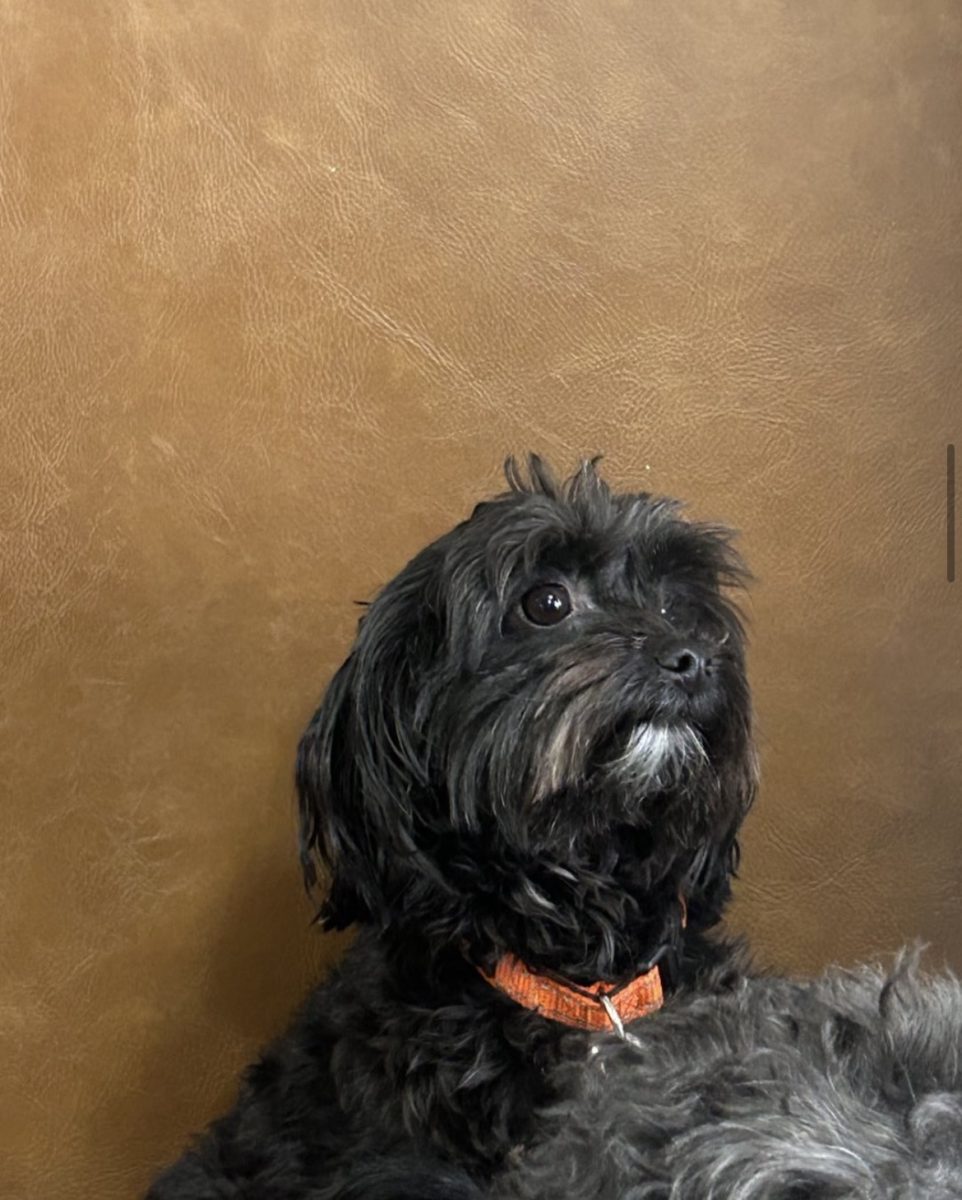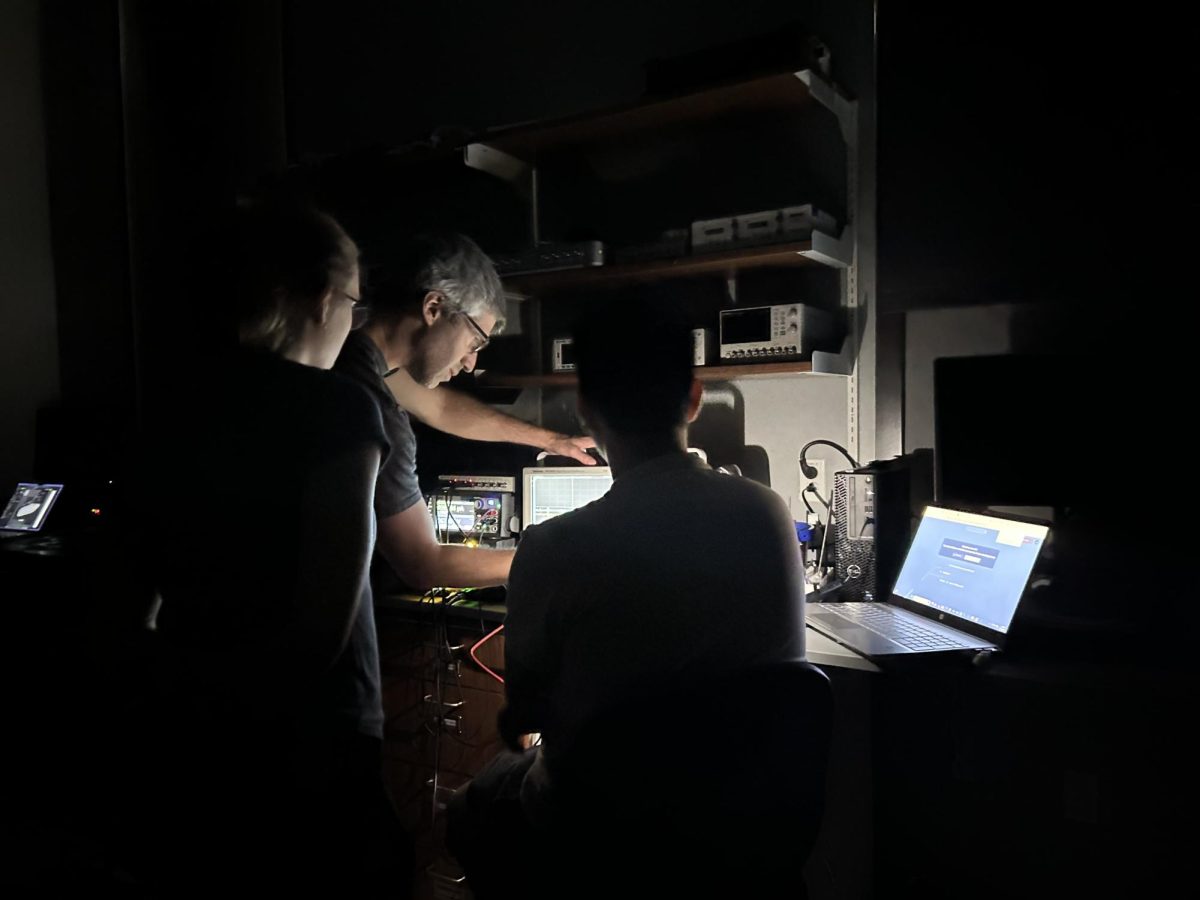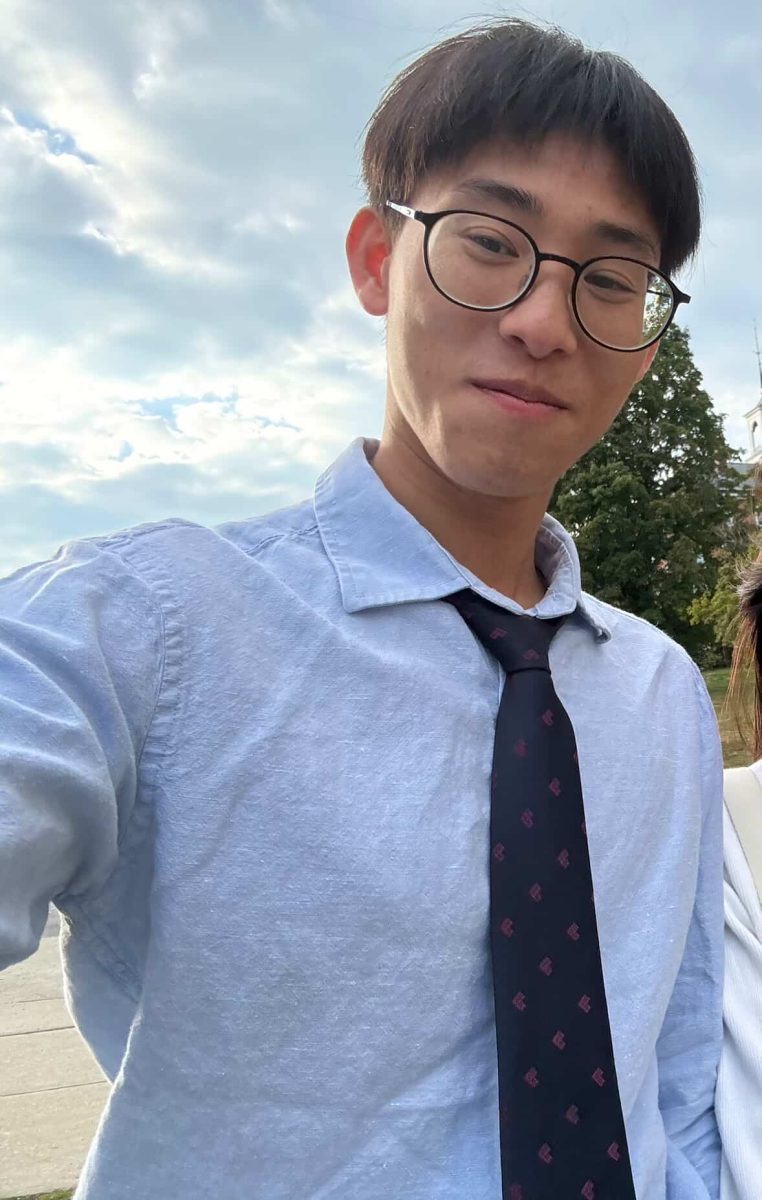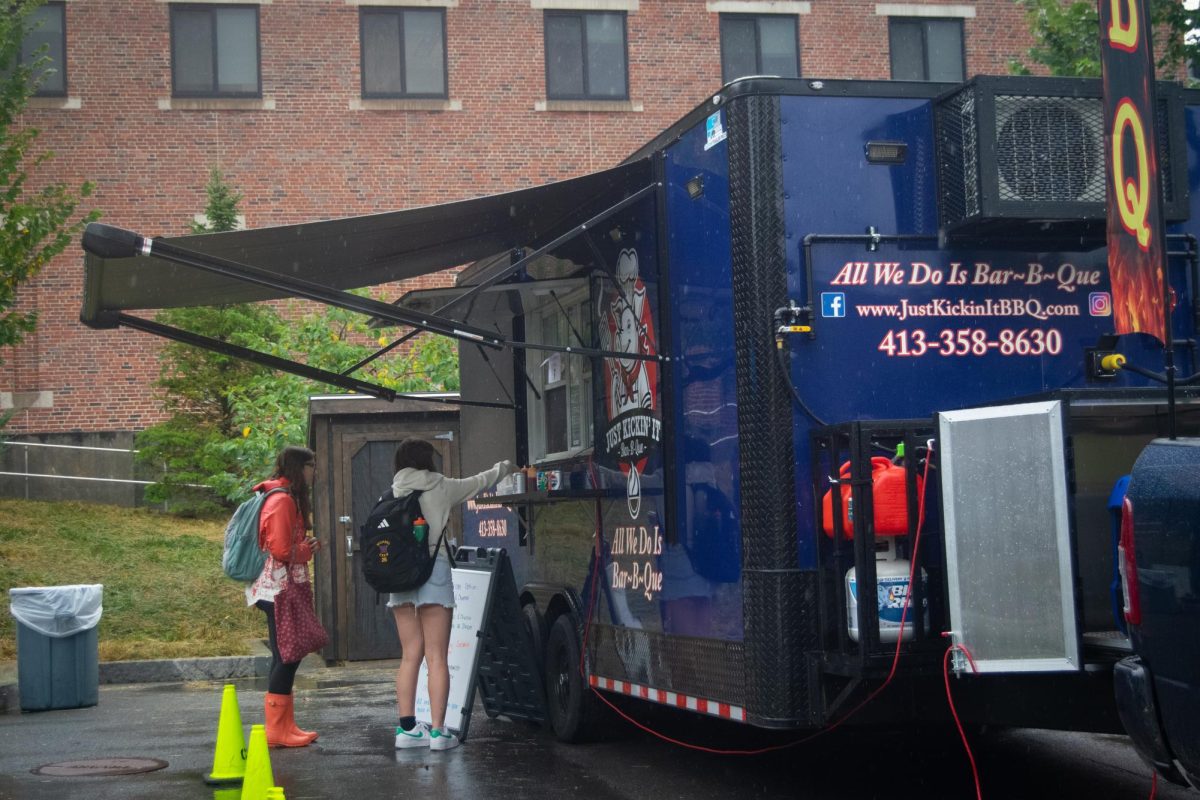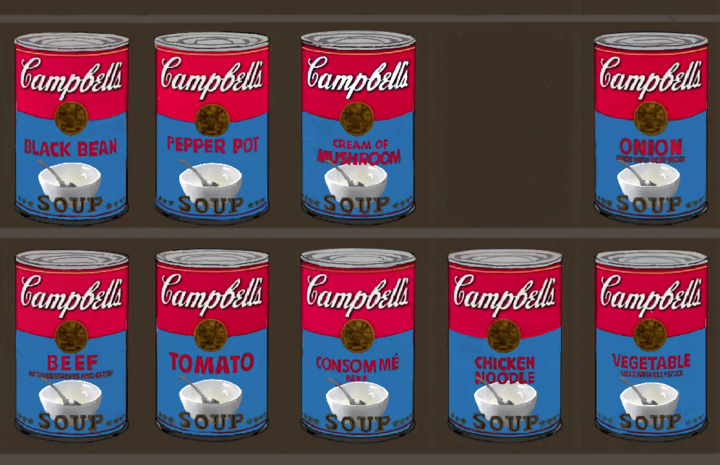
After observing the lack of personal finance education at the College firsthand and spending nearly 30 years in the financial services industry, retired financial analyst Brad Bissell ’86 wanted to help equip today’s students with essential personal finance skills. “I got really tired of seeing how many mistakes people — young and old — make regarding their personal finances,” Bissell said. “I feel like there is a crisis going on due to a lack of knowledge about personal finance.”
Last Tuesday, the Center for Learning in Action (CLiA) launched a new financial literacy platform for all students in collaboration with Kindros, a public benefit corporation with the goal of increasing access to personal finance education. The platform launch is the result of years of work from Bissell, and the in-person launch event brought together members of the Residential Life Team’s (RLT) Life After Williams program and a new registered student organization, the Low-Income Students Association (LISA).
Bissell attended a seminar at Babson College about the recently implemented financial literacy platform, where he met Stephen Martiros, the founder of Kindros. Neither of Martiros’ parents attended college, though they modeled a commitment to smart financial choices. When Martiros left the financial services industry 30 years ago, he wanted to help others with their financial planning. “I wanted to do something that I thought could take my learnings and my personal experience in my upbringing and turn it into a system for learning about financial literacy for the average person,” Martiros told the Record. “We are trying to help everyday people understand how their financial choices matter.”
Three years ago, Bissell and Martiros began working with the College to bring Kindros to students.
In an email to the Record, Director of CLiA Paula Consolini said that CLiA has two main aims in promoting this initiative: “to serve students’ personal finance learning needs and to facilitate more community-engaged scholarship in this area.”
Consolini feels confident offering Kindros’ platform to students because of the organization’s commitment to presenting unbiased information, she said, as Kindros does not sell any financial products, advertisements, or user data. “Unlike some industry-based programs, they have no stake in getting you to buy any product or to do anything in particular,” Consolini explained. “It’s all just about financial literacy, so it’s a trustworthy endeavor.”
The platform itself offers nine modules, which each teach a different “financial building block,” covering a range of topics from credit scores to retirement savings.
Consolini said she hopes that the platform will be accessible and easily navigable for all students. “It’s designed to be streamlined so that it’s easy for you to use it and get through it,” Consolini said, noting that the modules can be completed in any order so students have the flexibility to skip information with which they are already familiar.
Teanna Bucci ’26, a student outreach associate at CLiA, was one of the first students to complete the course. “It didn’t feel like a waste of my time, which made me very happy to spend 10 hours [going] through the whole thing,” she said.
As one of the founders of LISA, Bucci spoke at the event on Tuesday about the usefulness of the platform. Bucci started LISA to foster a space for low-income students at the College to access a community of students experiencing similar challenges. “We wanted to start [LISA] because we felt really alone and isolated being here,” she said.
In an interview with the Record, Bucci explained how the financial literacy platform relates to LISA’s mission. As a student who comes from a low-income background, she sees personal finance as an area in which she has not had the opportunity to gain experience. “I think it’s easy to take advantage of people who do come from low-income backgrounds because you already don’t know much,” she said. “You don’t really know about saving, or investing because you can’t afford to invest.”
“It is making financial advice and financial knowledge more available to people who don’t have it,” Bucci said of Kindros. “That makes me really happy because I know if it helped me, it’s gonna help people that I’m working for.”
Martiros agreed that Kindros can be especially useful to students who have fewer financial resources, but he also stressed that the platform offers essential information to everyone, regardless of their wealth. “It’s equally valuable to anyone and everyone,” he said.
Consolini and Bucci noted that the College has long needed to offer educational resources on personal finance. The College’s course catalog offers a vast selection of economics and finance courses covering how material needs are met on societal, organizational, or individual levels. But little is covered about managing one’s personal finances, Consolini said.
“It’s assumed that people who are coming here already have some kind of knowledge of personal finance because their families have money,” Bucci added.
Aimee Reische, a volunteer financial literacy consultant for CLiA and a member of the team promoting the new platform, has long observed a need for more financial literacy among both students at the College and Town community members. Alongside students enrolled in the Winter Study course “Volunteer Income Tax Assistant,” Reische volunteers to help people in North Adams with their annual tax preparation.
Reische said she often wishes she had more time to educate people on personal finance concepts when she helps prepare their taxes. “It’s totally not rocket science when you look at those modules,” she said. “But at the same time, there are a lot of little things that catch people [and] cost them more money.”
Even if not all students complete the program, Consolini said she hopes its availability will have a positive impact on the student body. “We see this financial literacy program as an opportunity to build student capacity for their own lives, but also put them on a footing to share with others what they’ve learned.”
Correction: A previous version of this article incorrectly named the “Life After Williams” (LAW) program as “Life Beyond Williams.”




